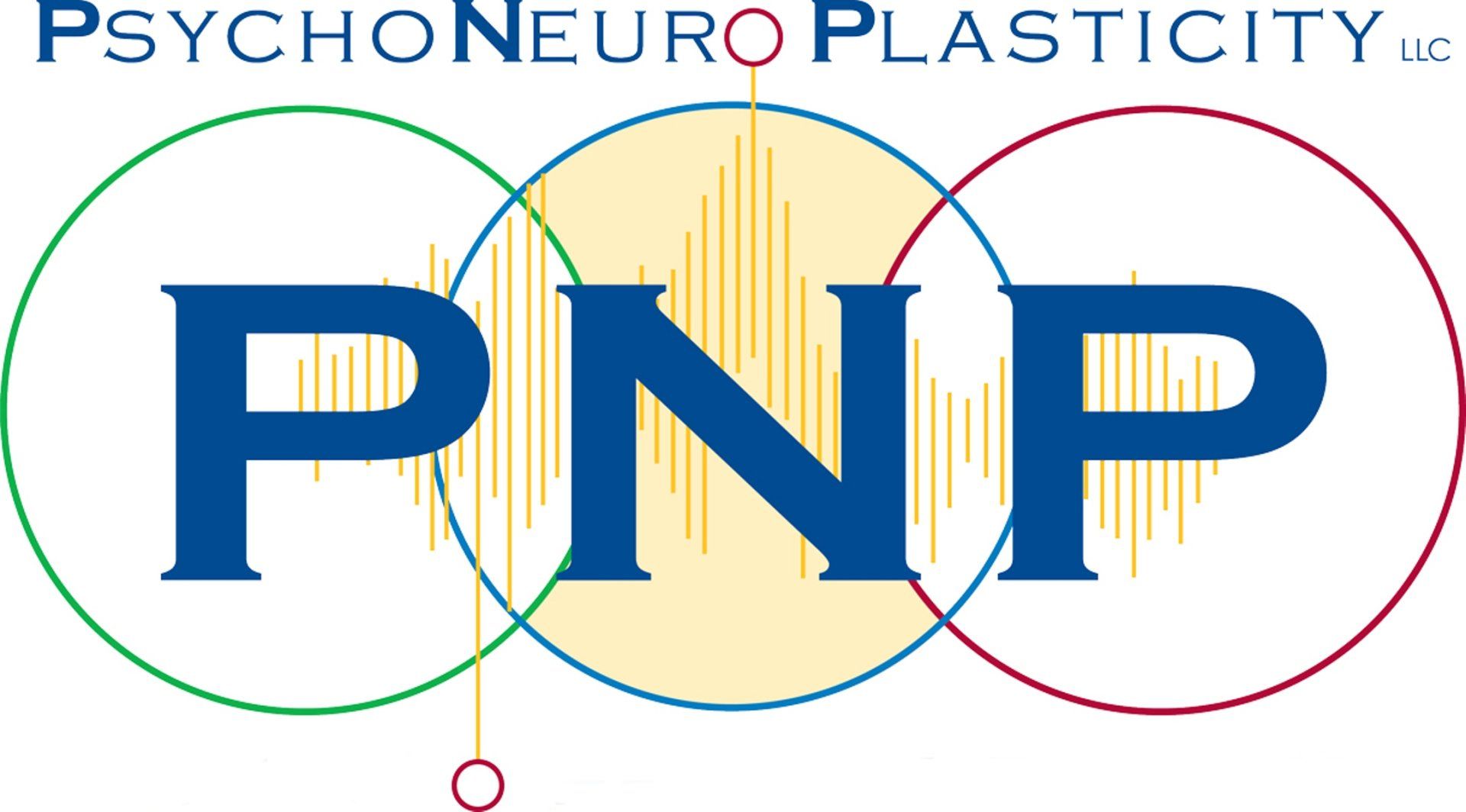Brain-Plasticity Assessment for Addictions: Drugs & Alcohol
In Summary
As scientifically designed programs have continued to verify, addiction elements have a devastating impact on the brain through toxicity build up and re-routing of neural system toward destructive problems organically and psychologically. As a brain syndrome program, PNP approaches the issues of brain function additionally to the psychological motivations or disorders. The brain has to be healed before these later programs can have an impact, preferably without more medication (The “more pills to treat pills diseases” concept). Specific areas and functions of the brain can be mapped and stimulated for specific response through a logical process of training modules and exercises. Fears and anxieties can be broken. Moreover, joy and pleasure centers can be stimulated to derive real choices to the highs of chemicals for a high-quality life.


